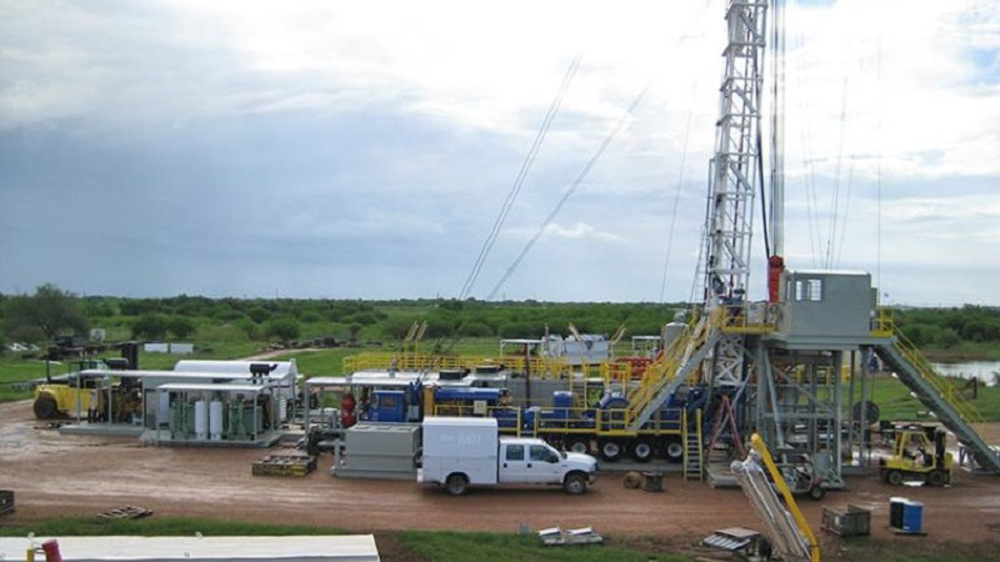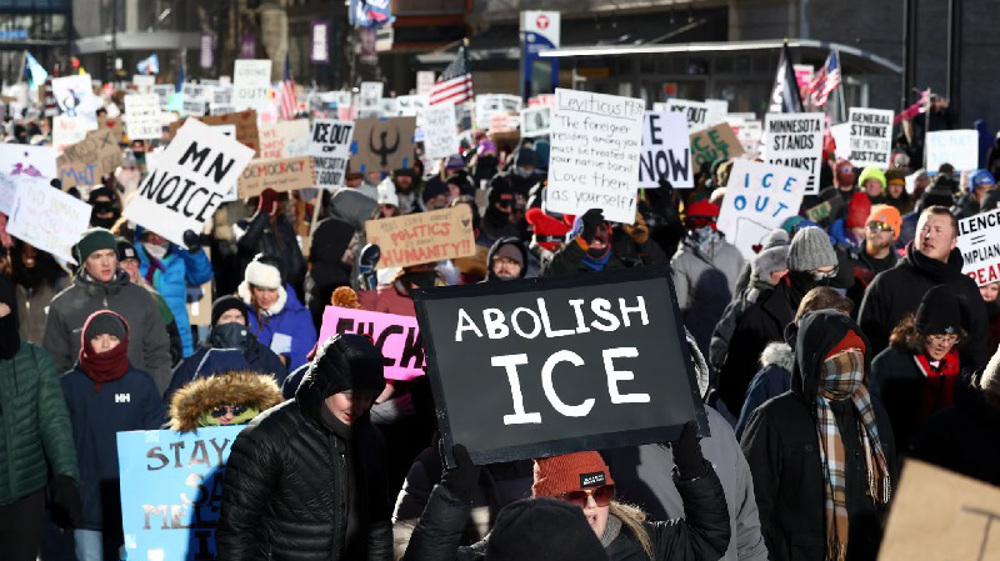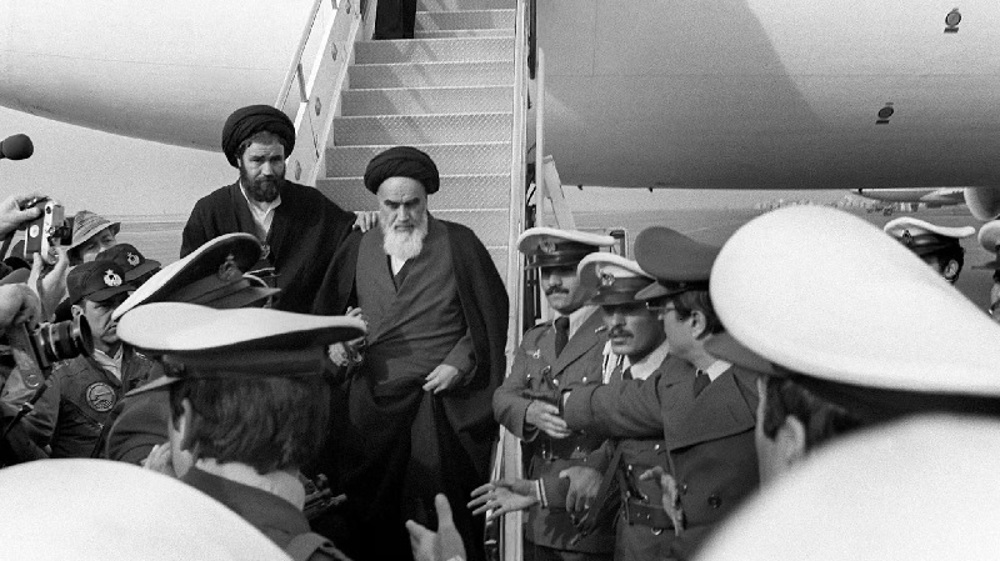Africa: Exploitation of resources by Canadian Oil Company
Recon Africa, a Canadian oil company, has acquired a 90% stake in the exploration of petroleum in Namibia as well as a 100 percent share in Northwest Botswana, which holds an estimated 120 billion barrels of oil, according to the leading geo-chemist Daniel Jarvie of Recon Africa.
Despite the undeniable potential of the oil field being huge in terms of economic advantages for the company drilling, and also for the area, where the creation of jobs will be a key factor, not to mention the economic advantages for both Botswana and Namibia, there are undoubtedly some negative factors which bear consideration.
One of the main methods of extracting the oil is the controversial method of fracking, which requires huge water resources to achieve, however, based in a desert area this precious commodity is already hard to come by.
Although the project has been approved by the various authorities, both across Namibia and Botswana, with an Environmental Clearance Certificate being granted, concerns are also being raised about the land, which is both home to around 63,5000 San People, an indigenous group living in the area, and is also on one of the main migratory routes for many of Africa’s wildlife, including endangered species, from Elephants to the African ‘painted’ dog.
Africa, a huge continent with a huge wealth of natural minerals and resources, and a place that has seen its fair share of exploitation, from colonialism to occupation, the people of Africa have seen their assets bled dry by Western and global North corporations, so why then is the practice still ongoing?
However, there is a devastating side effect to the exploitation of African resources, and none more so than the oil industry, which in Africa see’s multiple foreign companies drilling for oil, and leaving the local population in a difficult position as a consequence.
We can't see no fish in this water because the water is (full of) oil, and only this fish can be available to survive with this water. So the oil is polluted everything.
Buddy Pango, Fisherman
Furthermore, the largest oil companies in the world are solely in it for the profit, and this brings with it a host of court cases against the larger oil companies, many of which have seen the multinational corporations involved paying out compensation to victims, as well as being forced to clean up the mess, something that they rarely do, it seems.
There is no dispute that Shell has polluted these communities, very very significantly, they are living with chronic levels of Oil Pollution in their water systems, in their farmland, in there... Every aspect of their lives is affected and shell admits that, shell also admits it's responsible for cleaning up oil, its own oil, and it hasn't done so.
Barrister at Law
The foreign oil companies lust for African oil
Africa as a continent is very rich in Oil and Gas, with an estimated 487.7 trillion cubic feet of gas reserves and around 125 billion barrels of proven oil reserves, clearly a good incentive for foreign exploitation.
Of the nations in Africa that have such resources, five countries dominate the upstream oil production, with Nigeria, Libya, Algeria, Egypt and Angola enjoying 85% of Africa’s total proven reserves, however, there is also the issue of untapped reserves, which is why Western companies are becoming ever more active on the continent.
One such example of this speculative exploration is situated between Namibia and Botswana, encompassing the so called Kavango Basin, an area spanning some 35,000 square kilometers, where the operating company based out of Canada drills “hundreds” of wells across the UNESCO protected land, bringing with it some very serious consequences.
The Recon Africa Project
Recon Africa is engaged in the development and exploration of oil and gas in the Northeast of Namibia, and Northwest of Botswana, commonly known as the “Kavango Basin”.
The company has procured a 90% stake in the exploration of petroleum in Namibia, encompassing an area of around 25,300 sq km, as well as obtaining a 100% stake in the petroleum license of Northwest Botswana, covering around 9,900 sq km of land.
It has been estimated that a total of 120 billion barrels of oil lie underneath the coveted area, an estimate delivered by the leading geo-chemist, Daniel Jarvie, of Recon Africa.
Whereas there is no doubt the potential of the oil field is huge in terms of economic advantages for the company drilling, and also for the area, where the creation of jobs will be a key factor, on top of the economic advantages for both Botswana and Namibia, there are also some negative factors that must be considered.
One of the main methods of extracting the oil is through the controversial method of fracking, which requires huge water resources.
Although the project has been approved by various authorities across both Namibia and Botswana, with an Environmental Clearance Certificate being granted, concerns are also being raised about the land, which is home to endangered species, from Elephants to the African “painted dog”.
One prominent scientist from Cape Town in nearby South Africa has stated that the project being taken on by Recon Africa is nothing more than “neo-colonial extraction of the worse sort”, showing how, yet again, foreign entities are milking Africa of its natural resources.
Negative aspects of oil exploration in Africa
As we know, the impact on water supply is a huge issue, with fisherman already seeing a significant reduction in water quality, which in turn is having a direct effect on the marine life living around the African plateau.
Between 1976 and 1997 alone, there were some 5,334 oil spills on the Niger Delta alone, equating to some 2.8 million barrels of oil. But add that onto modern day spillages, as well as those before 1976, it is estimated that some 13 million barrels have been dumped into the delta, bringing with it a devastating impact on the environment.
Politics also plays a huge part on the African oil industry, with Libya for example, which is Africa’s largest oil producing nation, seeing its oil wealth dry up following the death of Ghadaffi. The nation which used to rely on oil for 70% of its national income, and 90% of its exports has seen $100 billion dollars lost due to civil war.
Oil dilemma, Nigeria
Until its demise following the overthrowing of dictator Muammar Gaddafi, Libya was the leading producer of oil and gas in Africa, however, events took a turn for the worse for the Libyan oil industry, with reports now suggesting that production has all but ceased as in-fighting continues across the country. In Stepped Nigeria, as the continent’s largest oil producing nation, producing some 2.1 million barrels of oil per day in 2019.
Nigeria joined the Organization of Petroleum Exporting Countries, OPEC, in 1971, becoming the 11th nation to do so, and with its current production, making Nigeria the 8th largest oil producing nation in the OPEC agreement. But like many other African nations, it is the presence of foreign oil companies that makes Nigeria such a popular destination for the multinational companies around the world, all keen to get their hands on the precious resource.
Nigeria is a very important country for Total
Nigeria is a very important country for Total. It is a country where Total has been established for 60 years, not only in the production of oil and gas but also in the distribution of fuel. So we remain faithful to our vision, which is not just to produce energy, but to take energy to the people.
Nicolas Terraz, Chief Executive, Total Nigeria
As with any other oil producing region in Africa, and in fact, across the world, there is a consequence and a price to pay for the production of oil, the most concerning of which it’s harmful effect on the environment.
Illicit refinery has destroyed Nigerian environment
For many people in Nigeria, natural resources are a source of life, be it through the production of food on agricultural land, or fishing in the waters surrounding the nation, all are vital for the daily lives of many, however, oil production and drilling is taking its toll on those reliant on such resources.
It has destroyed the whole environment. Commercial life in the creek might not be possible aquatic life is destroyed.
I. A. Dewu, Operation Delta Safe
Despite many oil companies in Africa claiming they are taking precautions when it comes to polluting the environment, the 13 million barrels of oil spilt in the Nigerian coastal waters alone, is just one example of just how bad the pollution and environmental issue is.
The environment is at risk
Ina Shikongo, an activist from Namibia, who is fighting to raise awareness of the project taken on by ReconAfrica, speaks with PressTV regarding the long term environmental impact it will have on the region.
Recon Africa is a Canadian US company that wants to start oil exploration in the Kavango Basin. They want to start now in December in Namibia, and they are still waiting for the EIA, and then they'll move into Botswana. That's what they want to do.
Ina Shikongo, activist from Namibia
The actions of ReconAfrica are going to have a devastating effect on the environment, affecting the people, wildlife and land of the region, what are some of the effects we can expect to see from the work being performed by ReconAfrica?
My biggest concern is our people, especially our first nation people the San people, because they are foragers, and they are hunters. They heavily depend on the food that is in in nature, currently, and my biggest concern is, when this water starts getting poisoned and killing everything. Where are these people going to find the food source from our wildlife? Yes they are going to die. Where are they going to go? If they live off the food ... if they survive from that water. And there are many migrations that happen in certain at certain times of the year when, especially when the rain starts to come the animals or the elephants, they know exactly that is where they will find water
Ina Shikongo, Namibian Activist
Undoubtedly, in order for RECON AFRICA to start work, they would have needed government approval; who approved this and why?
Our Commissioner, as the Ministry of mines and energy is the one who approved it, and we don't really know why because this kind of activity has proven to be detrimental in the global north, our water belongs to our people, our Namibian people, our people from the Kavango Basin, people in Botswana, in, in Angola, not only Recon Africa. Why is it that foreign companies have got more rights over our minerals over our precious resource? Our lives have value they do matter to us, we are mothers, we are family. We have our own ways. And we do not need this kind of development that is coming to literally exterminate, our people, our lives matter, Black Lives Matter. And this is what this is all about; land grabbing by big corporations, coming from outside, pretending to come and develop us, while they are just coming to exterminate us.
Ina Shikongo, Namibian Activist
ReconAfrica responds
Claire Preece, the Environment, Social Governance and Corporate Communications Officer at Recon-Africa states, in a response to queries by PressTV regarding their activities in the region, that Recon-Africa has the required Environmental Clearance Certificates for oil and gas exploration in the region, issued by the Environmental Commissioner. The project has also been approved the Minister of Mines and Energy.
Furthermore, Recon-Africa claims to be in full liaison with the Kavango East Regional Farmers Union, the KERFU, as well as recognizing the importance of including no-go buffer zones such as water sources and UNESCO heritage site of the Tsodilo Hills.
Preece also stressed the stressed the importance of creating work for local and regional people, and mentions the notion of being able to provide a significant contribution to knowledge transfer through university grants, job training and job attachments for local people.
Whereas there is no doubt that there are two sides to every story, there is also no doubt that there are pros and cons to the ongoing Recon-Africa project, with activists fighting against the project, yet the relevant governmental authorizes in Namibia and Botswana seemingly happy to allow the project to forge ahead.
Angola, lucrative market for foreign oil companies
Another major African nation that produces oil is the South Western nation of Angola. This former Portuguese colony has not only faced the difficult task of emerging from colonial occupation, but it has also been through a period of conflict, something that leaves a deep scar on any nation involved.
Angola is the second largest oil producing nation in the sub-Saharan African region, an OPEC member, and currently responsible for the production of around 1.37 million barrels per day of oil, and around 17,904 million cubic feet of natural gas production, making it yet another lucrative market for foreign oil companies.
Much like Nigeria, Angola also sees the likes of Total, Chevron, Exxon Mobil and BP playing active parts in the exploration and production of oil and gas in the country, sending huge sums of money out of Angola in profits, and once again, demonstrating just how foreign exploitation is part and parcel of African life.
However, in spite of a civil war that lasted 27 years, and the impact of emerging as an independent nation, things have taken a turn for the worse for the Angolan oil industry, with the Coronavirus bringing drilling and exploration to a near standstill, reversing years of work, in just a few months.
Angola also saw one of the most significant cases of corruption in history, as Africa’s richest woman, Isabel Dos Santos, daughter of former President Jose Eduardo Dos Santos was exposed as being involved in a corruption scandal that saw her accused of stealing billions of dollars of Angola’s financial assets via Sonangol, something that she denies, yet has had a clear impact on the Angolan economy. The scandal did not stop Dos Santos trying to run for President nonetheless, much to the disgust of many.
In response to the debt crisis, Angola has had to secure a $3.7 billion dollar loan from the IMF, and currently owes billions to China, holding the single largest bi-lateral debt in sub-Saharan Africa. The crisis once again just goes to show that not all that sparkles is gold, with Angola’s huge natural resources being both a blessing and a curse at the same time.
Wider African oil crisis
The rest of Africa is no different, with both off shore and land based wells and sources of oil and gas, there are rich pickings to be had across the continent when it comes to searching for such lucrative natural resources. For many of the world’s major oil companies, short term solutions are not necessarily on the agenda when it comes to justifying the drilling, as the long term energy benefits are often considered first.
If you look at most projections, or energy outlooks well into 20, 30,40 years; it's quite clear that oil is still likely to be a dominant source of energy. So from that, on that basis, I think we are confident that there is value in doing what we're doing.
There is also the factor of costs when it comes to research and drilling. As we know, major issues such as the environment are all very important points when it comes to drilling for oil, yet for the oil companies themselves, the research and development that goes into scouting for oil is also an important factor, but is something that is also done with profit in mind.
Yet it seems that one of the major factors when drilling and extracting oil and gas from Africa, that we don’t hear so much about in places such as the Persian Gulf or other major oil producing areas is the effect of pollution.
Right across the board, the effect on the people of the region, the wildlife, the water cycle and the impact on the local economy, which can be both positive and negative, all play a part when it comes to the extraction of such precious resources.
Much like the rest of Africa, the demand for resources is something that not only encompasses oil and gas, but also covers a range of other wealth, spanning from mines, where gold, diamonds and precious minerals are exploited, all the way to fish, marine life and even human labor being on the list of demands by rich western states and companies, and is something, that sadly for Africa, seems to not only be a fact of the past, but continues to be valid today, and likely well into the future.
Whereas awareness is being raised by many, for as long as western corporations continue to exploit Africa, and local leaders fall foul of corruption and bribes, the future may look very bleak, unless companies, officials and people work together to find a sensible, and sustainable future.
Foreign companies get away with environmental murder
Known as the cradle of life, Africa is also the bread basket of the world, and with its rich and diverse selection of commodities, has been the target for many a Western nation and corporation.
Yet at what cost does this exploitation take place? With the displacement of people, the destruction of the environment, and the pollution of water, which is the most vital source of life, how then can foreign companies continue to get away with what is essentially environmental murder?
With the likes of RECON-AFRICA, the voices of opposition have shown us that there are ways of raising awareness and fighting the act, but in all reality, regional governments should be the ones taking a stance, backed by individuals, rather than sadly the other way round.
European dock workers strike against arms flow to Israel
#IR47: How 1979 Islamic Revolution ignited global movements – from South Asia to Africa and beyond
Iran’s 14th AFC futsal title after thrilling penalty shootout reinforces its Asian dominance
How Iranians made ice thousands of years before Europe
While fully prepared, Iran not after initiating regional war: Top general
Israeli ban plunges Gaza critical lifeline into risk: MSF
Iran pursues diplomacy while standing ready for war: FM Araghchi
Somalia president vows to prevent any Israeli military base in Somaliland













 This makes it easy to access the Press TV website
This makes it easy to access the Press TV website